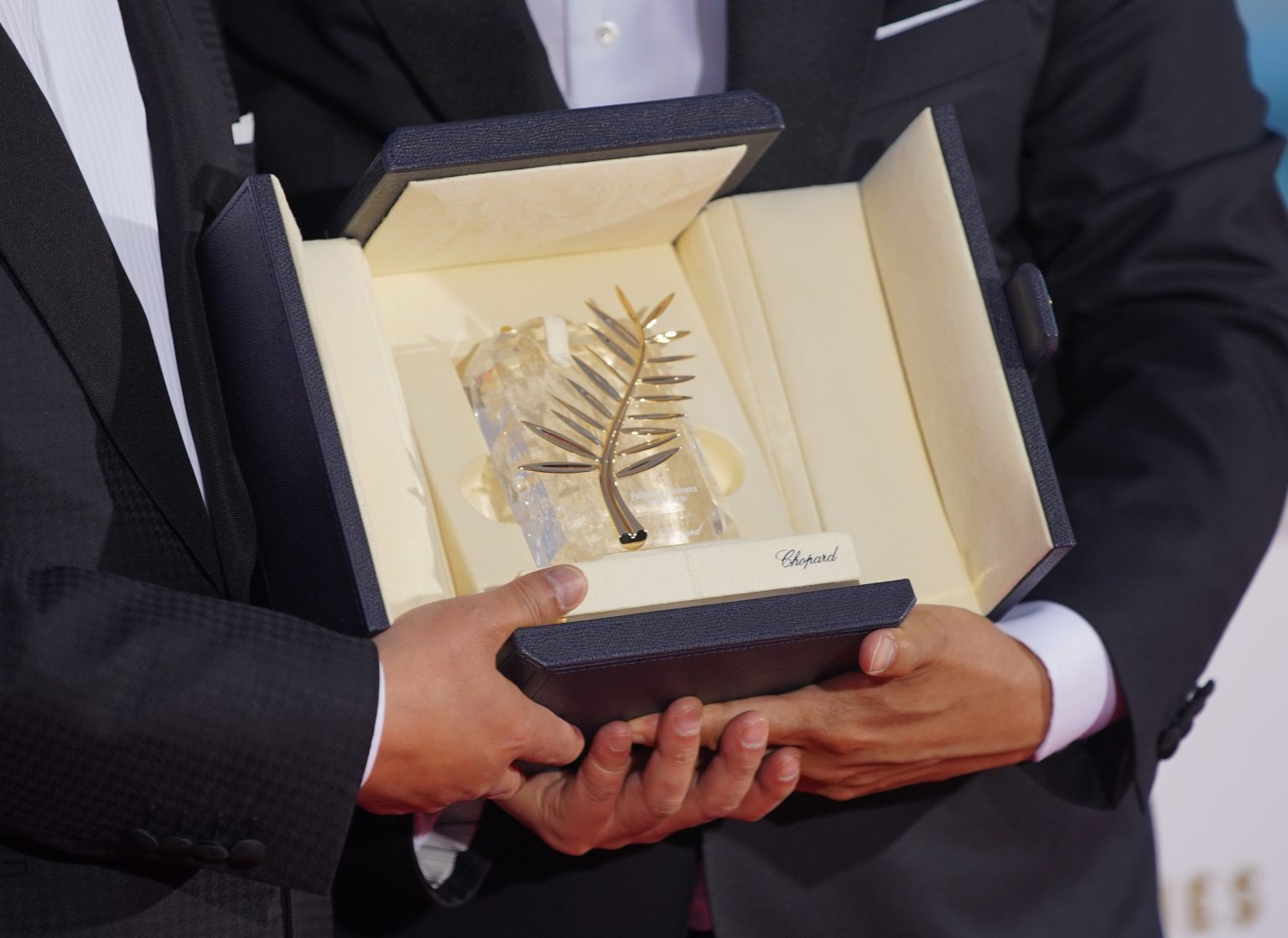The Cannes Film Festival, one of the most prestigious film festivals in the world, has often been at the center of debates due to its Palme d’Or winners. This coveted award, given to the best film of the festival, has sparked numerous controversies over the years. These controversies often revolve around the selection process, the jury’s decisions, and the films’ themes and content. Here, we delve into some of the most contentious Palme d’Or winners and the debates they ignited within the film industry and among audiences.
“The Distance Between Us and the Sky” (2019)
In 2019, Vasilis Kekatos’ short film “The Distance Between Us and the Sky” won the Palme d’Or for short films. However, this victory was mired in controversy due to an alleged conflict of interest. The film’s director, Vasilis Kekatos, was reportedly closely associated with Wim Vanacker, a member of the Cannes committee, for several years. Additionally, Eleni Kossyfidou, the film’s producer, had long-standing ties with jury member Panos H. Koutras. These undisclosed relationships led to accusations of manipulated jury decisions and potential bribery, raising significant questions about the transparency and integrity of the Cannes Film Festival.
“Fahrenheit 9/11” (2004)
Michael Moore’s documentary “Fahrenheit 9/11” won the Palme d’Or in 2004, becoming one of the most controversial recipients in the festival’s history. The film, which critiques the Bush administration’s handling of the September 11 attacks and the subsequent Iraq War, polarized audiences and critics alike. Supporters praised Moore for his boldness and the film’s political relevance, while detractors accused the Cannes jury of political bias. The jury president, Quentin Tarantino, defended the choice, emphasizing the film’s impact and artistic merit. Nonetheless, the award sparked intense debates about the role of politics in film and the responsibilities of filmmakers.
“Blue Is the Warmest Colour” (2013)
Abdellatif Kechiche’s “Blue Is the Warmest Colour” won the Palme d’Or in 2013, but its victory was accompanied by significant controversy. The film, a graphic and emotionally intense portrayal of a lesbian relationship, faced criticism for its explicit sex scenes and the treatment of its actresses, Léa Seydoux and Adèle Exarchopoulos. Reports emerged of Kechiche’s demanding and allegedly exploitative directing style, leading to a broader discussion about the ethics of filmmaking. Additionally, some critics argued that the film’s male gaze perspective on a lesbian relationship was problematic. Despite the controversy, the film’s powerful performances and emotional depth were widely acknowledged.
“The Tree of Life” (2011)
Terrence Malick’s “The Tree of Life” won the Palme d’Or in 2011, dividing audiences and critics. The film, known for its philosophical and abstract narrative, explores themes of existence, faith, and family. While some hailed it as a masterpiece and a profound cinematic experience, others found it pretentious and overly ambitious. The mixed reactions highlighted the subjective nature of film appreciation and sparked discussions about the criteria for awarding the Palme d’Or. The film’s non-linear storytelling and lack of conventional plot structure were particularly contentious points.
“Uncle Boonmee Who Can Recall His Past Lives” (2010)
Apichatpong Weerasethakul’s “Uncle Boonmee Who Can Recall His Past Lives” received the Palme d’Or in 2010, surprising many in the film community. The film, rooted in Thai folklore and spiritual themes, features a unique narrative style that blends reality with fantasy. While some critics praised its originality and cultural depth, others found it inaccessible and bewildering. The jury, led by Tim Burton, defended the choice, emphasizing the film’s artistic innovation. This decision sparked debates about the balance between artistic experimentation and audience engagement in awarding major film prizes.
“The Piano” (1993)
Jane Campion’s “The Piano” won the Palme d’Or in 1993, making her the first female director to receive the award. The film, a complex tale of passion and repression set in 19th-century New Zealand, was both celebrated and criticized for its intense themes and depictions of sexuality. Some critics lauded the film’s feminist perspective and emotional depth, while others took issue with its portrayal of power dynamics and consent. The controversy surrounding “The Piano” highlighted the challenges and responsibilities of representing sensitive subjects on screen.
Conclusion
The Palme d’Or has a long history of recognizing films that push boundaries and challenge conventions. However, this commitment to artistic innovation often leads to contentious decisions and heated debates. Each controversial winner adds to the rich tapestry of the festival’s history, reflecting broader discussions about the role of cinema in society, the responsibilities of filmmakers, and the subjective nature of art. As the film industry continues to evolve, so too will the conversations surrounding the Cannes Film Festival and its most debated Palme d’Or recipients.



